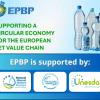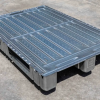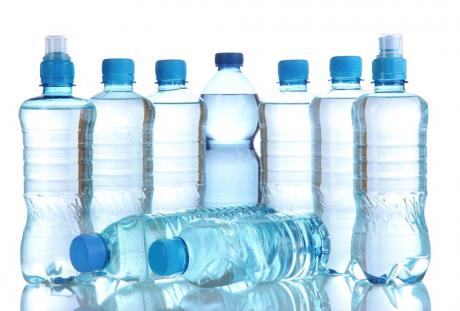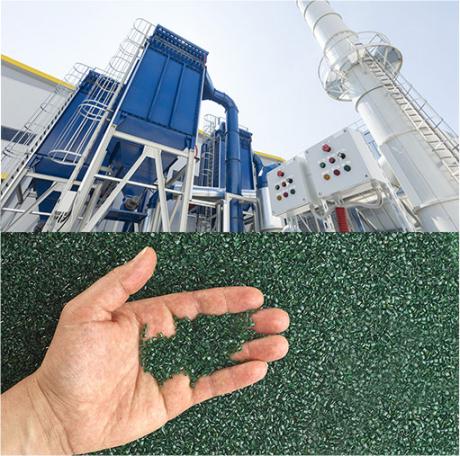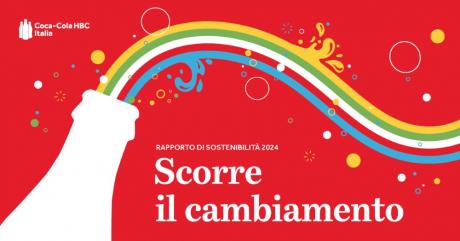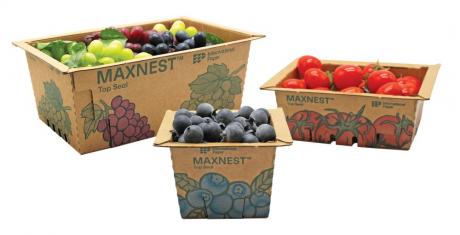Montello, a company from Bergamo, Italy, specialising in the recycling of plastic and organic waste, has entered the African market thanks to the E4Impact Accelerator, the E4Impact Foundation's accelerator programme which helps companies grow, expand their impact, facilitate investment opportunities and connect them to global markets.
Montello and Pure Planet Recyclers, a Kenyan SME that participated in the E4Impact Accelerator, formed a joint venture that led to the creation of Pura Terra Recycling, which aims to recycle plastic waste to reduce its presence in the environment and Kenya's dependence on foreign plastic imports.
The Italian company will provide its technological expertise, global vision and financial resources to establish and support the growth of Pura Terra Recycling. Montello has a significant track record of handling over 1,000,000 tons of waste per year, of which 350,000 tons is plastic waste. On the African side, Pure Planet Recyclers will share its business and resources, local knowledge, relationships and the entrepreneurial skills of founder and director Richard Kainika. In particular, the Kenyan company is involved in plastics recycling and, although still relatively small, already has significant visibility in the waste management sector as Kainika is a member and board secretary of the Kenya Extended Producer Responsibility Organisation (KEPRO), an association which brings together stakeholders in the plastic packaging value chain to address the issue of post-consumer waste.
The aim of the agreement between the two companies is to establish relationships with other recyclers that are part of the E4Impact network in Kenya and neighbouring countries to create a dedicated hub for plastic waste management, with companies able to operate at different stages of the entire supply chain. Pura Terra Recycling's intention is to grow in the very short term, aiming to increase both collection and production volumes by 2024 to improve the entire recycling process, transforming the collected plastic waste into granules which can be used to make new products and second-life plastic artefacts.
Against this backdrop, Kenya is positioning itself as a recycling pioneer for other African countries: first by successfully banning plastic bags, then by creating the Sustainable Waste Management Act, a network of collection centres, and by enacting its first separate waste collection law in the summer of 2022. More recently, it has started to formalise contracts under which producers of plastic packaging pay a fee for their recycling.


